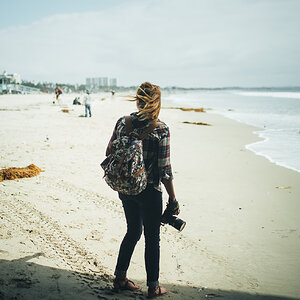pharmakon
TPF Noob!
- Joined
- Aug 7, 2009
- Messages
- 365
- Reaction score
- 7
- Location
- Western NC
- Can others edit my Photos
- Photos OK to edit
But alas a situation came up that has me in a mental bind. (Get ready for a camera question, or just go back now... I wouldn't blame you)
I have been going back and forth with desires versus frugality. I have been biased toward Canon from the start based on previous p/s experiences, I have been back and fouth between a 50d (Wants) and rebel XS (Probably all I really need for at least a few years) and never really considered Nikon until...
Today I got out of my box in the middle of the store and went to electronics on a break, where I saw the Nikon D40's on clearance for what would be $315 (with kit lense) after employee discount. *Frugal side of me almost passes out from joy*
The thing is that when I held the D40, it actually felt better than the Rebel did in my hands, but with the XS I could intuitively find settings adjustments for the things I think I would be using most. The nikon took a little more playing around. This however may be because my last 2 p/s cameras were canons so I'm used to their menu structure.
I know the XS is a bit newer than the D40 from a release standpoint, but from specs on dpreview the only things that I got were less megapixels, lack of DOF preview button on the D40, and lack of auto bracketing on D40, but added plus of Spot metering. I'm sure there is more but I just don't know what to do at this point.
Does anyone know of anything I would be "missing out on" if I got the D40 instead of a Rebel XS? (other than Canon vs Nikon banter, and just wanted to add that I know numbers aren't everything). Do you think it would be worth the extra $180 for the few added features of the rebel XS? Perhaps should I just put that cash toward an extra (AF-S) lense?
I am not trying to start a flame thread or NvsC war... i really would appreciate any feedback though. (needless to say I have pretty much ruled out dropping the cash on the 50d as a starter camera)
Thanks!
I have been going back and forth with desires versus frugality. I have been biased toward Canon from the start based on previous p/s experiences, I have been back and fouth between a 50d (Wants) and rebel XS (Probably all I really need for at least a few years) and never really considered Nikon until...
Today I got out of my box in the middle of the store and went to electronics on a break, where I saw the Nikon D40's on clearance for what would be $315 (with kit lense) after employee discount. *Frugal side of me almost passes out from joy*
The thing is that when I held the D40, it actually felt better than the Rebel did in my hands, but with the XS I could intuitively find settings adjustments for the things I think I would be using most. The nikon took a little more playing around. This however may be because my last 2 p/s cameras were canons so I'm used to their menu structure.
I know the XS is a bit newer than the D40 from a release standpoint, but from specs on dpreview the only things that I got were less megapixels, lack of DOF preview button on the D40, and lack of auto bracketing on D40, but added plus of Spot metering. I'm sure there is more but I just don't know what to do at this point.
Does anyone know of anything I would be "missing out on" if I got the D40 instead of a Rebel XS? (other than Canon vs Nikon banter, and just wanted to add that I know numbers aren't everything). Do you think it would be worth the extra $180 for the few added features of the rebel XS? Perhaps should I just put that cash toward an extra (AF-S) lense?
I am not trying to start a flame thread or NvsC war... i really would appreciate any feedback though. (needless to say I have pretty much ruled out dropping the cash on the 50d as a starter camera)
Thanks!



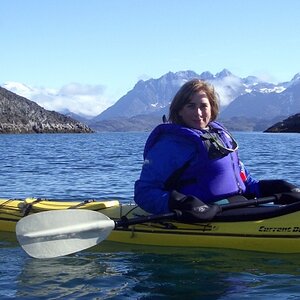
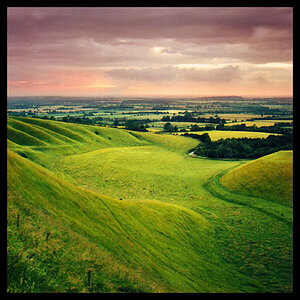
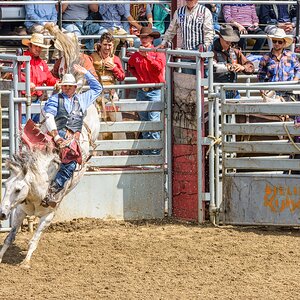
![[No title]](/data/xfmg/thumbnail/31/31758-546fe80b548bda08983001811ab5be60.jpg?1619734994)
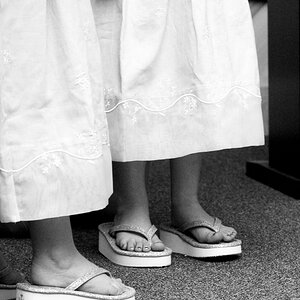
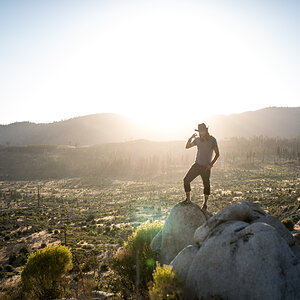
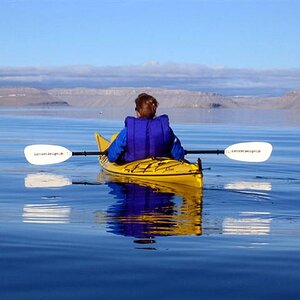

![[No title]](/data/xfmg/thumbnail/31/31756-ed344608f5fc9a69ff1d67dc7d03161c.jpg?1619734993)
![[No title]](/data/xfmg/thumbnail/30/30864-50861ef77d7fa163bd5f5b5b8d661f5a.jpg?1619734483)
![[No title]](/data/xfmg/thumbnail/36/36300-760519cb9a8ebbfc57cc3d1fda5dd37c.jpg?1619737494)
